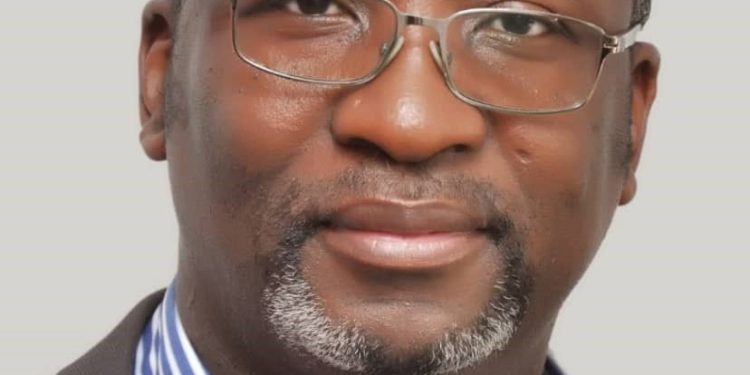BoG’s New FX Rules Offer Short-Term Stability but Risk Repeating Nigeria, Kenya Mistakes if FX Controls Persist – Dr. Dumanya
Financial Economist and Investbankpreneur, Dr Bernard Tetteh Dumanya, has cautioned that while the Bank of Ghana’s (BoG) latest foreign exchange (FX) controls could stabilise the cedi in the short term, prolonged reliance on such orthodox measures risks regulatory overreach and long-term economic setbacks.
Speaking during the NorvanReports X Space discussion on Sunday, themed “The NPL Crackdown & Ghana’s New Currency Controls: Will BoG’s Tough Rules Fix the Economy or Freeze Growth,” Dr Dumanya explained that the August 27 directive, which restricts unbanked foreign currency cash withdrawals by large corporates, was designed to preserve FX reserves and reduce speculative pressures on the cedi.
“The BoG appears to be tightening institutional FX flows while seeking to maintain currency stability. In the short term, this orthodox approach will deliver stability and curb speculative attacks on the cedi,” he noted.
However, Dr Dumanya warned that prolonged application of such rules could distort the market, citing Nigeria’s experience between 2015 and 2020, when the Central Bank of Nigeria restricted access to FX for 41 import items. “In the short term, it stabilised the naira, but it widened the parallel market gap, scared off investors, and worsened inflation,” he said.
He stressed that Ghana must avoid similar pitfalls by combining necessary conditions for stability with sufficient conditions for sustainable growth. “We need to get the foundations right. Restrictions can help, but they cannot be applied uniformly across board. There must be strategy, transparency, and discipline within the BoG to ensure these measures do not backfire,” he remarked.
Drawing on global examples, he pointed to India’s simultaneous reforms, which combined FX rationing with banking sector restructuring, NPL recognition, and recapitalisation, as a model Ghana could adopt.
“All in all, the BoG rules are sound in the short term, but without a clear exit strategy and coordinated reforms, we risk sliding into regulatory overreach like in Nigeria and Kenya, and that will take us back to square one,” Dr Dumanya cautioned.
He further emphasised the need for the central bank to balance stability measures with policies that ease pressures on the private sector and encourage multinational investment. “This is a necessary condition, but going forward, there must be a strategy to transition into sufficient conditions that secure lasting currency stability,” he concluded.








